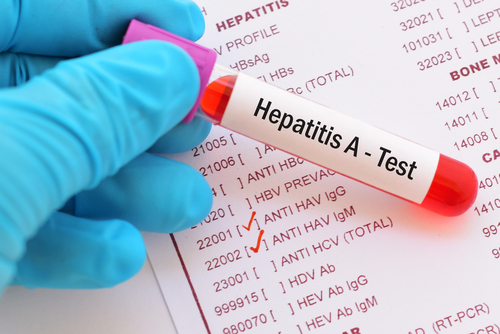It’s been more than two years since public health officials began battling a hepatitis A outbreak in Michigan, and as of Nov. 7 the Michigan Department of Health and Human Services (MDHHS) is reporting 905 cases.
In comparison, the state recorded 327 cases 2011-2015. Although weekly counts have slowed from 15-20 cases per week to about three cases a week, numbers are still above average and public health officials continue to urge vaccination.
This outbreak continues to have a high hospitalization rate, with 726 people hospitalized (80.2 percent) and 28 deaths.
Those with a history of injection and non-injection drug use, homelessness or transient housing, incarceration, and men who have sex with men (MSM) are thought to be at greater risk of contracting the disease.
Dr. Jennifer Morse, Medical Director for DHD#10, encourages good personal hygiene to prevent the spread of hepatitis A.
“It is crucial that you wash your hands thoroughly after using the bathroom and before handling or eating food. Getting the hepatitis A vaccine is your best source of protection,” said Morse. “If you are in a group at higher risk of contracting hepatitis A, it is important to get vaccinated. There is no specific treatment, but if you think you have been exposed to someone ill with hepatitis A, getting vaccinated soon after exposure can even prevent illness.”
Ask your healthcare provider or local health department if the hepatitis A vaccine is right for you.
District Health Department #10 has provided crucial outreach to educate and protect communities against Hepatitis A. Since the outbreak, numerous vaccination clinics have been held and DHD#10 has administered 2,795 doses to community members.
Hepatitis A is a serious, highly contagious liver disease caused by the hepatitis A virus (HAV). HAV is found in the feces (poop) of people with hepatitis A and spread by eating contaminated food or water, during sex, or by living with an infected person. Hepatitis A symptoms can include:
- Nausea and vomiting;
- Belly pain;
- Feeling tired;
- Fever
- Loss of appetite
- Yellowing of the skin and eyes
- Dark urine
- Pale-colored feces (poop)
- Joint pain

